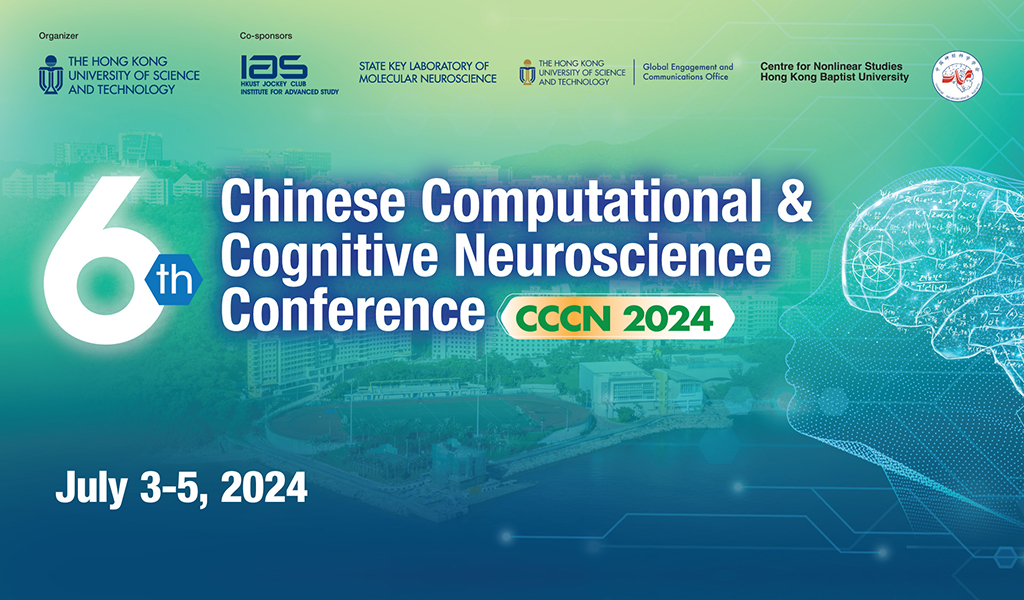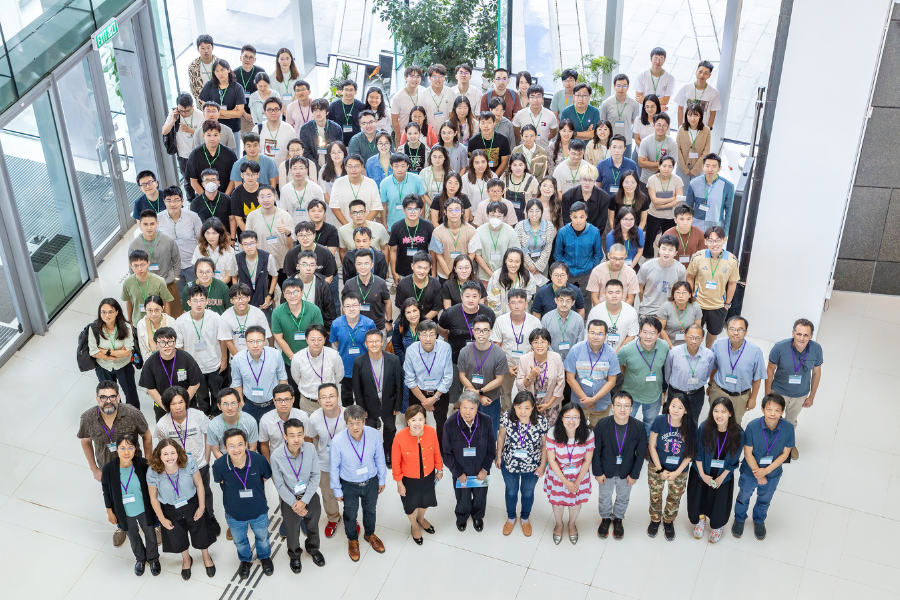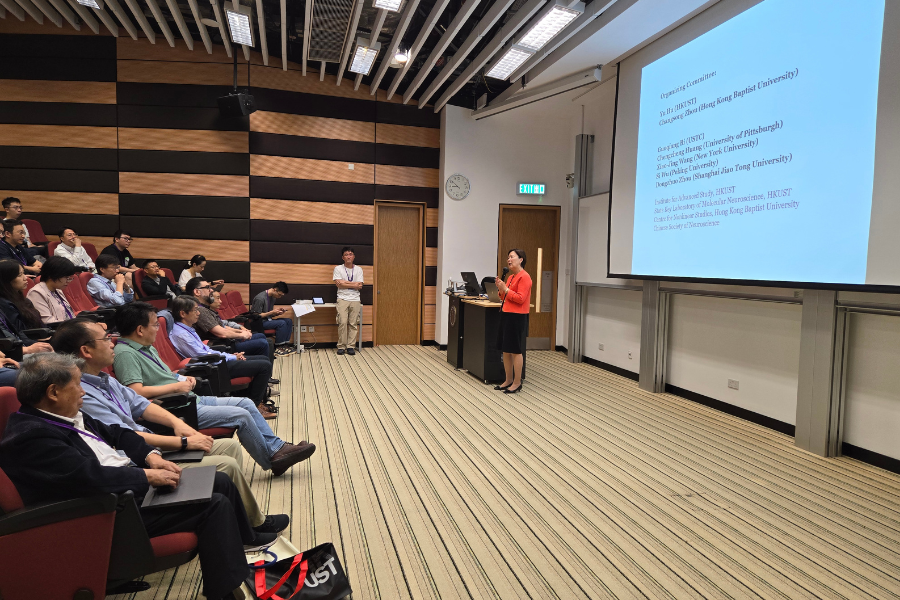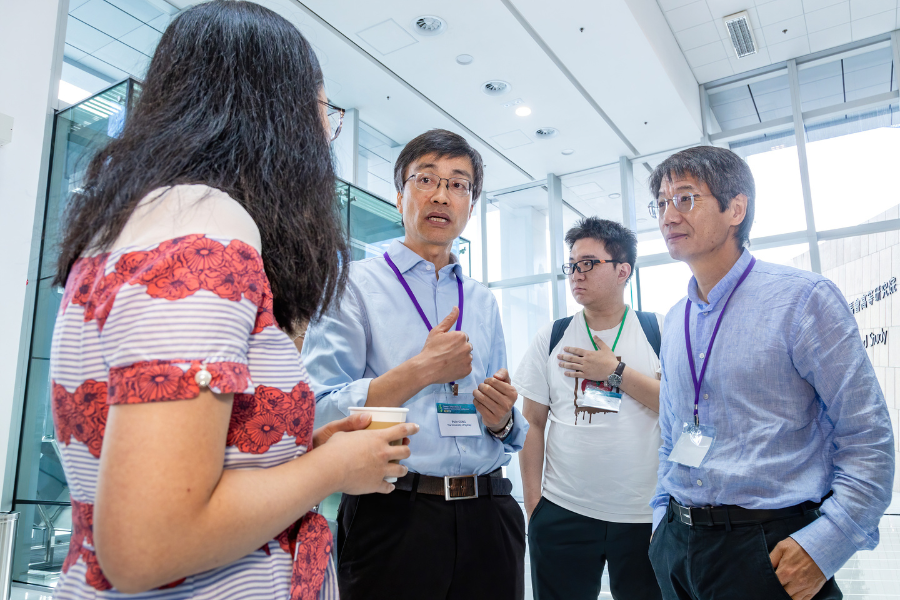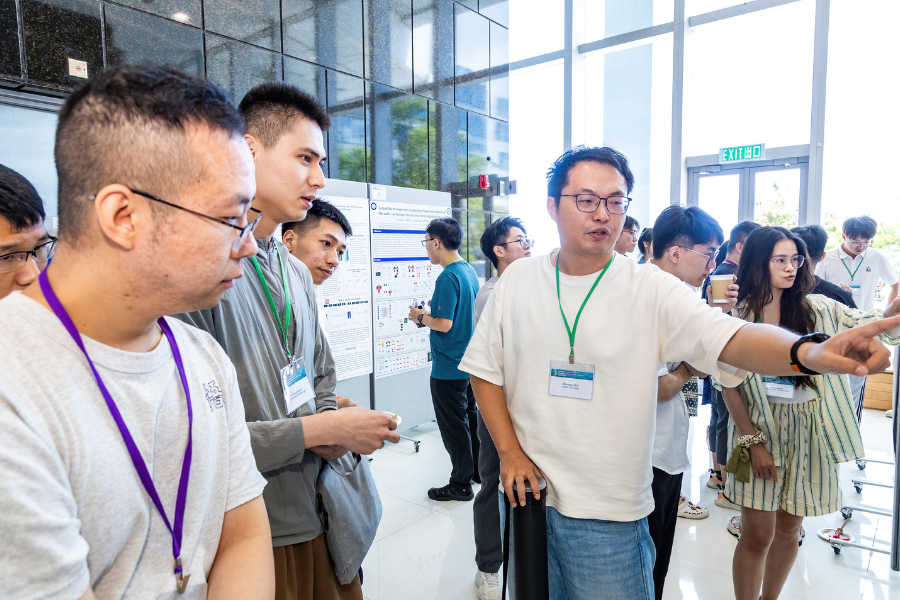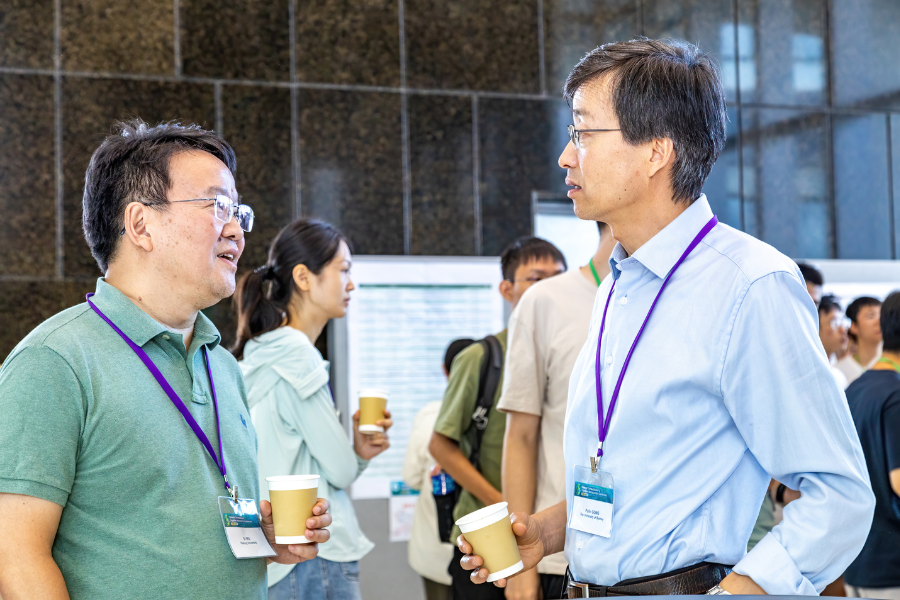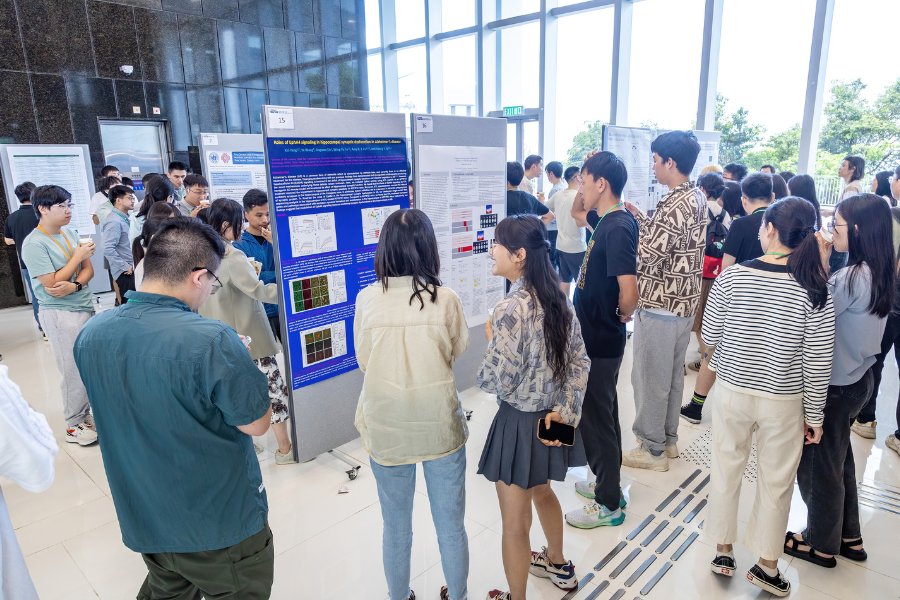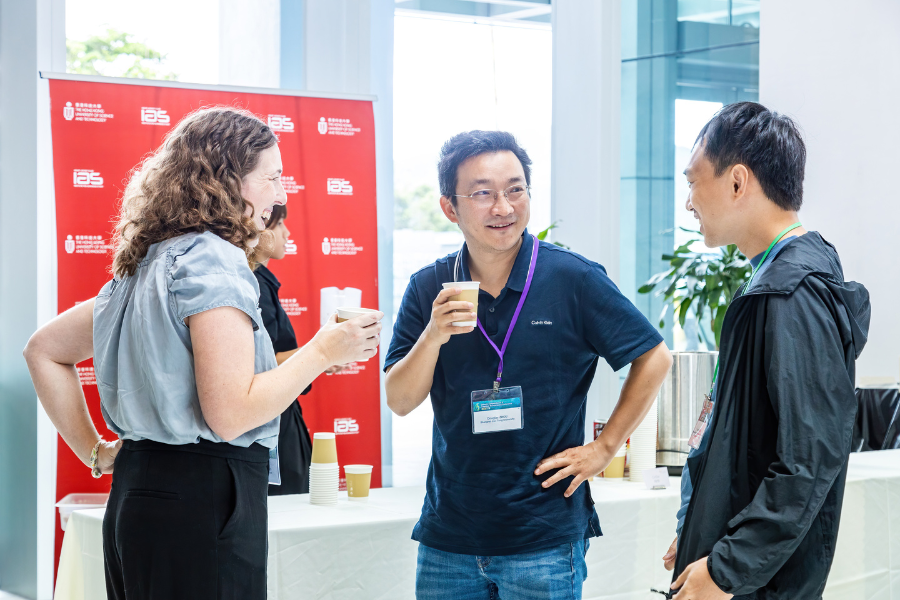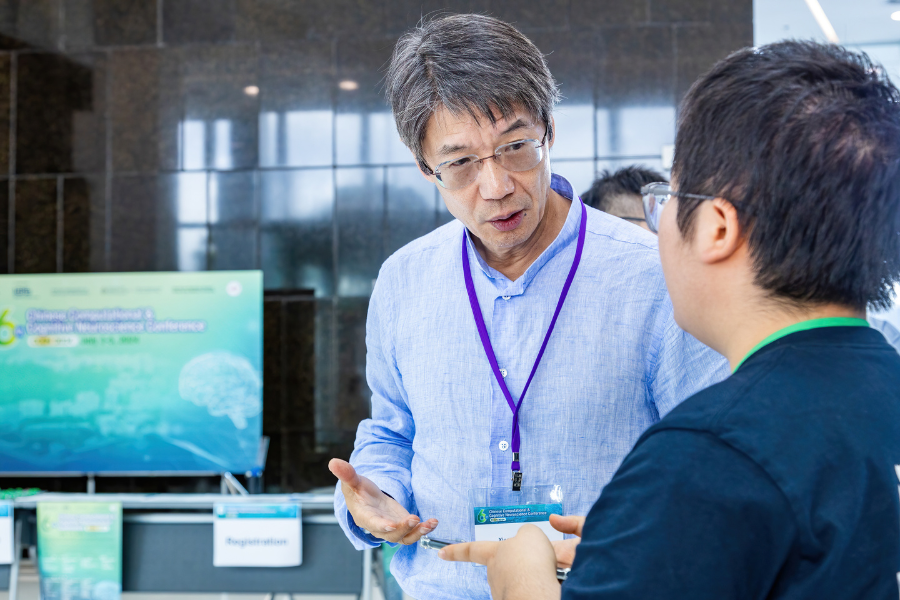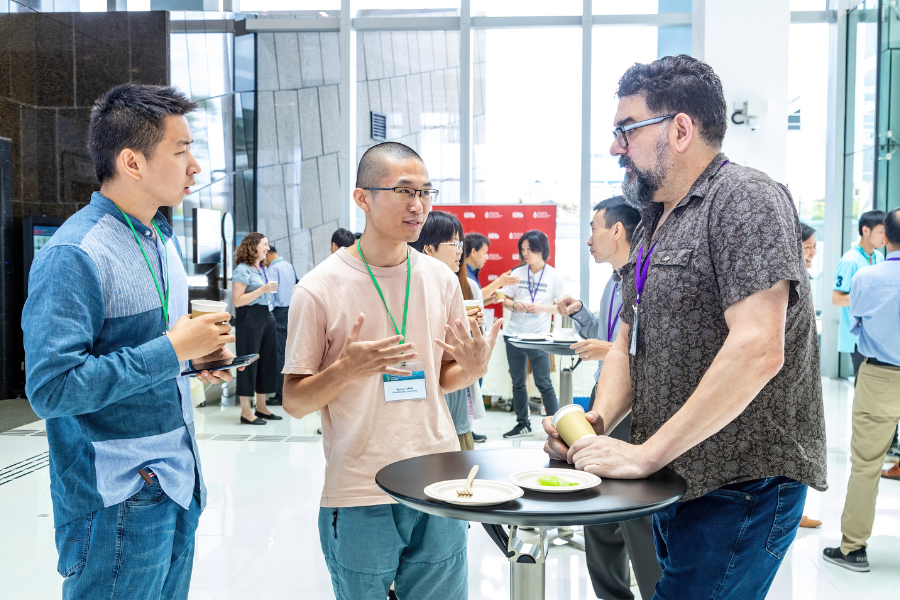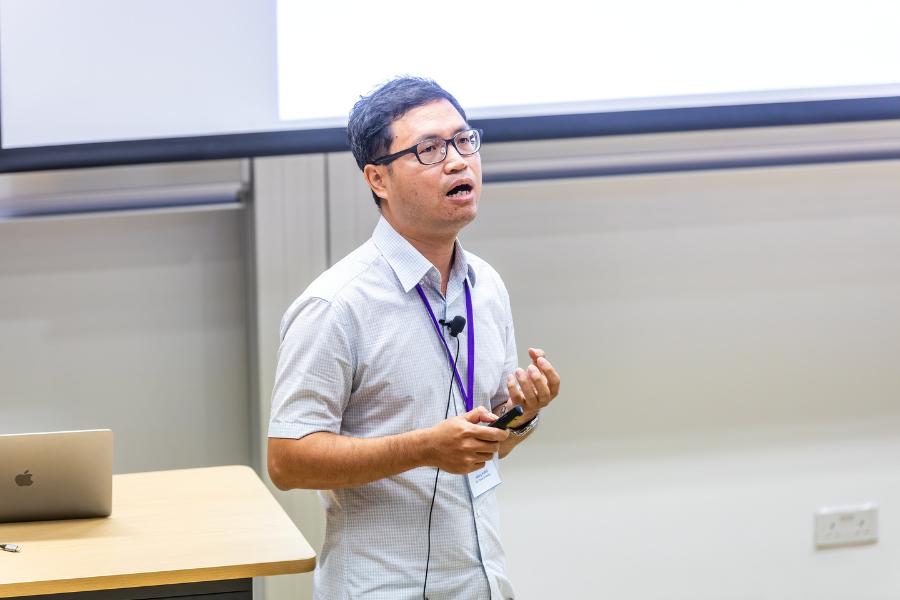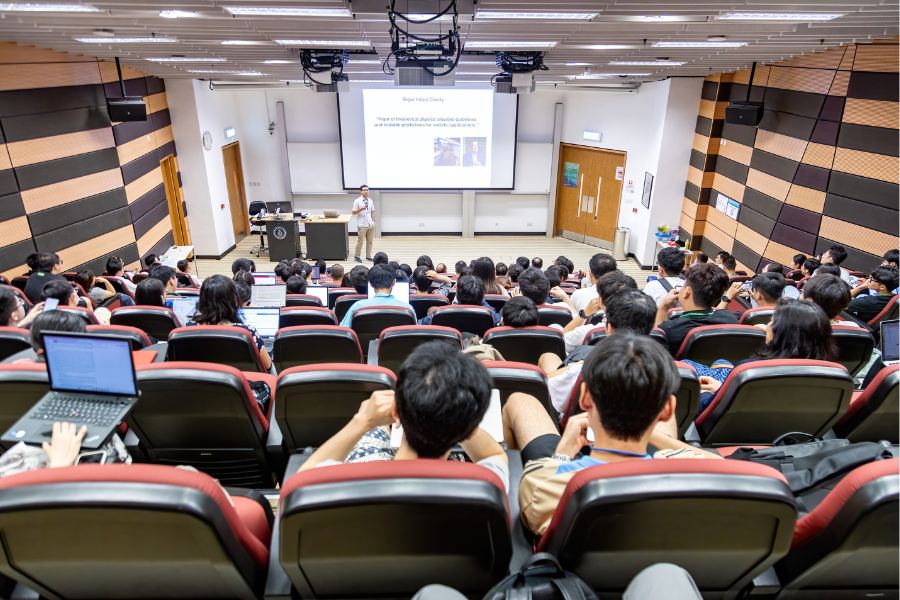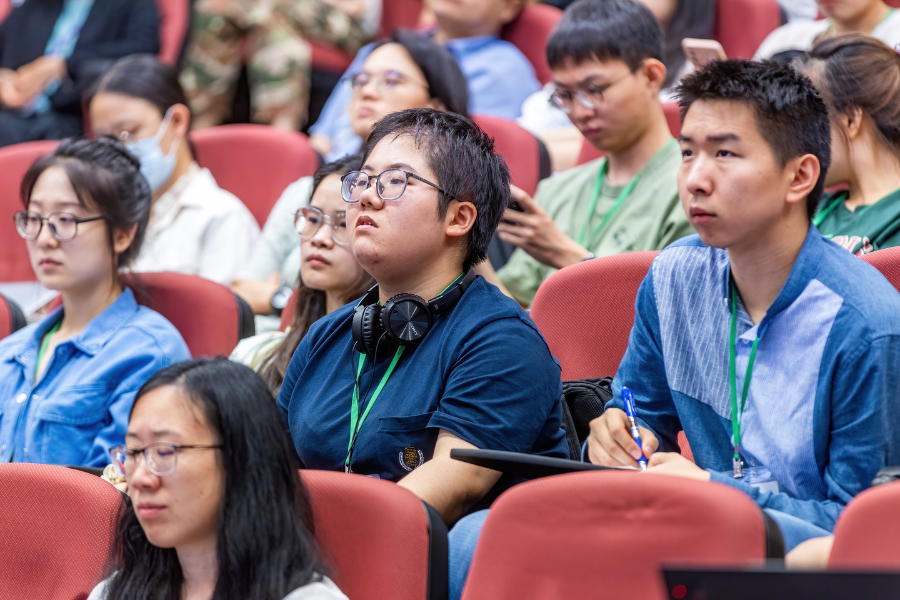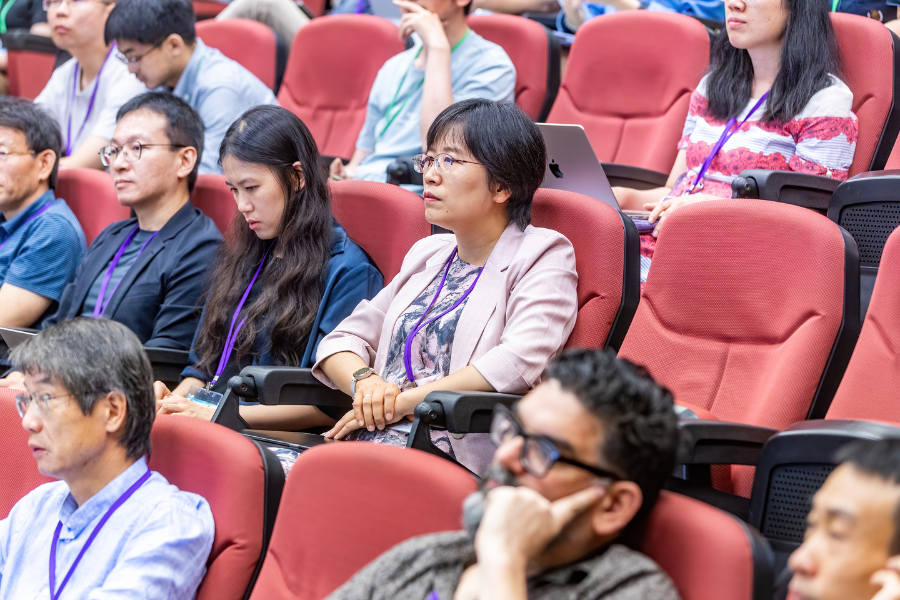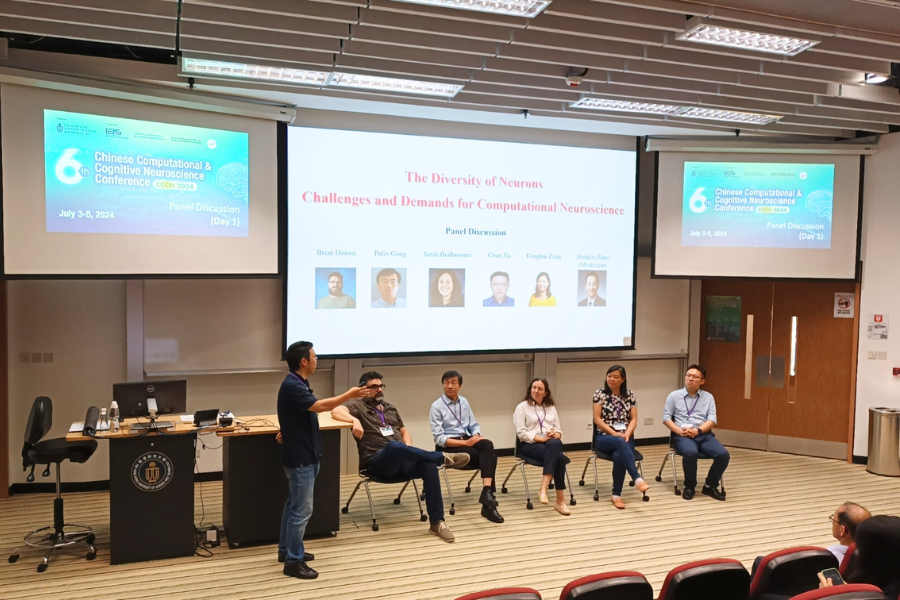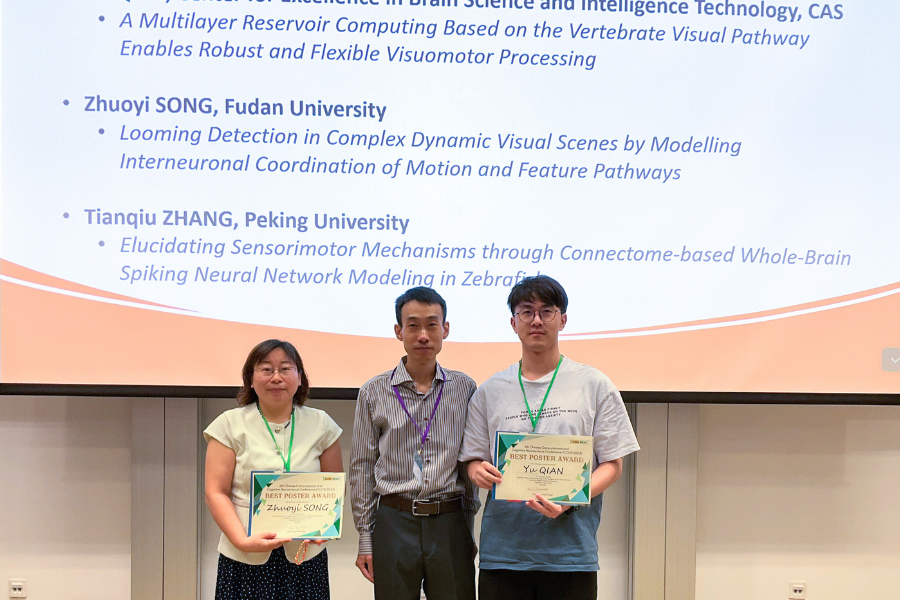6th Chinese Computational and Cognitive Neuroscience Conference (CCCN 2024)
Program Website
https://cccn2024.hkust.edu.hk/
Overview
Computational neuroscience is a nascent interdisciplinary research field. It is aimed to solve important scientific issues in neuroscience and bridge neuroscience and artificial intelligence through mathematical modeling, theoretical analysis, data processing, and numerical simulation. The development of computational neuroscience may advance neuroscience, mathematics, physics, statistics, computer science, artificial intelligence, and other natural sciences and engineering disciplines.
The aim of Chinese Computational and Cognitive Neuroscience (CCCN) Conference is to boost the field of computational neuroscience in China and communication between researcher in the field and integrate the advantages of different disciplines to complement one another, and achieve important scientific breakthroughs.
Since its launch in 2019, CCCN has quickly become a high-caliber and popular meeting (the number of registrations exceeded the conference room capacity last year). It provides a forum for discussions on cross-level understanding to the brain, behavior and cognition, fostering interactions between experimentalists and theorists.
CCCN 2024 is in-person only and contains 5 keynote lectures, 20 invited lectures, and 2 poster sessions. It will have a single track of talks grouped into five sessions: Computational Neuroscience, Systems Neuroscience, Cross-level Neuroscience, Brain and AI, and Brain and Diseases. The conference will take place at the scenic site of the HKUST Jockey Club Institute for Advanced Study (IAS) in the Hong Kong University of Science and Technology (HKUST).
Organizers
-
Xiao-Jing WANG (Co-chair)
New York University -
Si WU (Co-chair)
Peking University -
Guoqiang BI (Co-chair)
University of Science and Technology of China;
Shenzhen Institute of Advanced Technology, Chinese Academy of Sciences -
Chengcheng HUANG
University of Pittsburgh -
Yu HU
HKUST -
Changsong ZHOU
Hong Kong Baptist University -
Douglas ZHOU
Shanghai Jiao Tong University
Co-sponsors
-
HKUST Jockey Club Institute for Advanced Study
-
State Key Laboratory of Molecular Neuroscience, HKUST
-
Global Engagement and Communications Office, HKUST
-
Centre for Nonlinear Studies, Hong Kong Baptist University
-
The Chinese Neuroscience Society, Branch of Computational Neuroscience & Neural Engineering
Enquiries
For further enquiries, please contact the program secretariat at cccn2024@ust.hk.

